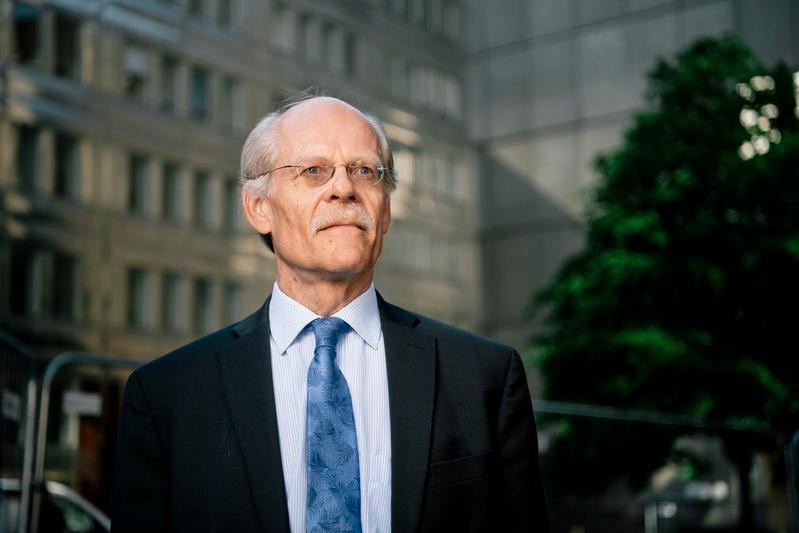
Andreas Cervenka
Published: Less than 2 hours ago

The head of the Riksbank, Stefan Ingves. Photo: Margareta Bloom Sandebaeck
MY ECONOMY
The Riksbank's large purchases of bonds during the pandemic appear to be costing the Swedes dearly.
When interest rates have risen, it has triggered large losses and taxpayers may have to contribute between SEK 50 and 70 billion.
The shock bill comes at the same time as the government is being pressured by other large extra expenses.
During the pandemic, the Riksbank rushed out with a huge rescue package to support the economy. Securities worth SEK 700 billion were bought on the market, including so-called housing bonds for SEK 400 billion. The purchases have subsequently been criticized because they pushed mortgage rates down and thus contributed to the extreme rise in the housing market during the pandemic. The securities purchases must also be reviewed by the National Audit Office.
The Riksbank's actions can also be a real blow to Swedish taxpayers. When the bank vacuumed the market on bonds in 2020 and 2021, interest rates were at record lows. Now they have risen sharply. And when interest rates rise, the price of a bond falls. In other words, the Riksbank is backing down on its buying strategy, and quite a bit. The authority has already flagged that there could be a fallow loss in 2022. An internal memorandum indicates that it could land as much as SEK 65 billion, Handelsbanken writes in a recent analysis.
This would mean that the annual dividend to the state would not be paid (for 2021 it was 3.9 billion) but also that the Riksbank's capital would be deleted, according to the internal report.
According to Handelsbanken, however, the losses appear to be even greater than the 65 billion, rather between 75 and 95 billion kroner. That would mean that the Riksbank's capital would end up in the red, between 10 and 30 billion. Not so impressive for the institution that is supposed to be the guarantor of the financial system - and which often points out the importance of private banks having plenty of capital.
In order to restore the Riksbank's finances, the state may need to add between SEK 50 and 70 billion, Handelsbanken predicts.
Exactly how this should be done is not entirely clear, the situation is unique and the regulations are not clear-cut. The Riksbank is an authority that reports directly to the Riksdag, and will have to turn to it to ask for more money.
But Handelsbanken expects that the Ministry of Finance will eventually have to count a capital contribution to the Riksbank as an expense that will thus affect both the state's budget balance and borrowing needs. This will require an increase in the so-called expenditure ceiling.
60 billion is as much as the Armed Forces' budget for 2022.
The timing is unfortunate, to say the least, as the state faces other major expenses that are rising. For example, the cost of the interest deduction, which last year was 17 billion, is expected to increase rapidly and with today's interest rates could be twice as large. The municipalities also need extra contributions to counter inflation.
However, Handelsbanken believes that the government's fiscal room for maneuver will not be limited in the next few years because the Riksbank's losses can be considered a one-off event. Sweden's strong state finances can also withstand a blow like this.
The cost must also be set against the positive effects that the Riksbank's measures may have had, such as unemployment being lower than it otherwise could have been, even if these are hotly debated and difficult to count on. A critic would say that the Riksbank was instead involved in inflating a bubble with its intervention in the market, something that is already burdening the economy now that interest rates are rising.
It's not a day too early.
Inga kommentarer:
Skicka en kommentar